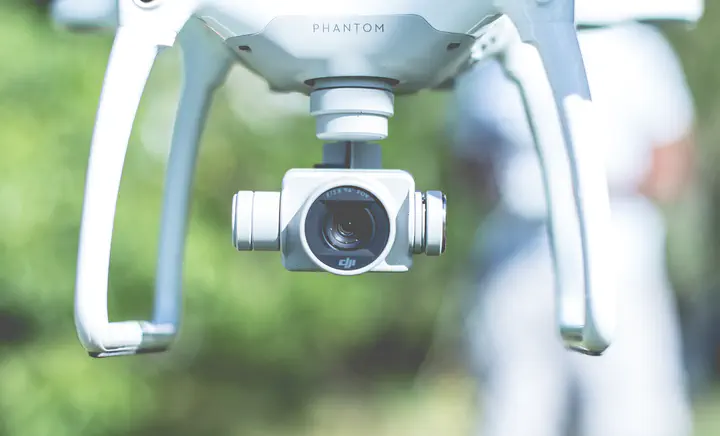Online fuzzy modulated adaptive PD control for cooperative aerial transportation of deformable linear objects
 Image credit: Unsplash
Image credit: UnsplashAbstract
The aim of this work is to design robust control algorithms of aerial robots, i.e. quadrotors, for team transportation of a deformable linear object (DLO). The DLO-robot attachment makes the whole system physically coupled by an elastic element, which introduces strong non-linearities in the system dynamics. Sections in quasi-stationary state of the DLO hanging freely from two extreme points can be modeled by catenary curves, so we are able to build a detailed and accurate simulation of the system as the workbench for the evaluation of alternative quadrotor control approaches. DLO transportation is an instance of a follow the leader team strategy, in which the local quadrotor control must cope with the dynamic perturbations due to the DLO linking the quadrotors. The quadrotor team control has two phases, one achieving a spatial configuration with equal energy consumption, the other is to manage the horizontal motion which is the transportation process per se. In this paper we deal with the second control problem, assuming the first solved. We use proportional derivative (PD) controllers for both quadrotor attitude and trajectory control. Offline PD parameter setting carried by metaheuristic optimization can not cope with the perturbations induced by the DLO and environmental conditions, i.e. wind shear. Therefore we propose an adaptive controller for the quadrotors carrying out the DLO transportation task which uses fuzzy modeling of the error in order to modulate the activation of the PD parameters adaptation rules, which are error gradient descent rules. Computational experiments on our system simulation workbench show that our adaptive approach scales well when increasing the number of quadrotors, providing smooth follow-the-leader team strategy navigation behaviors even under strong wind perturbation conditions. We compare our approach with other state-of-the-art online and offline approaches.
Supplementary notes can be added here, including code, math, and images.